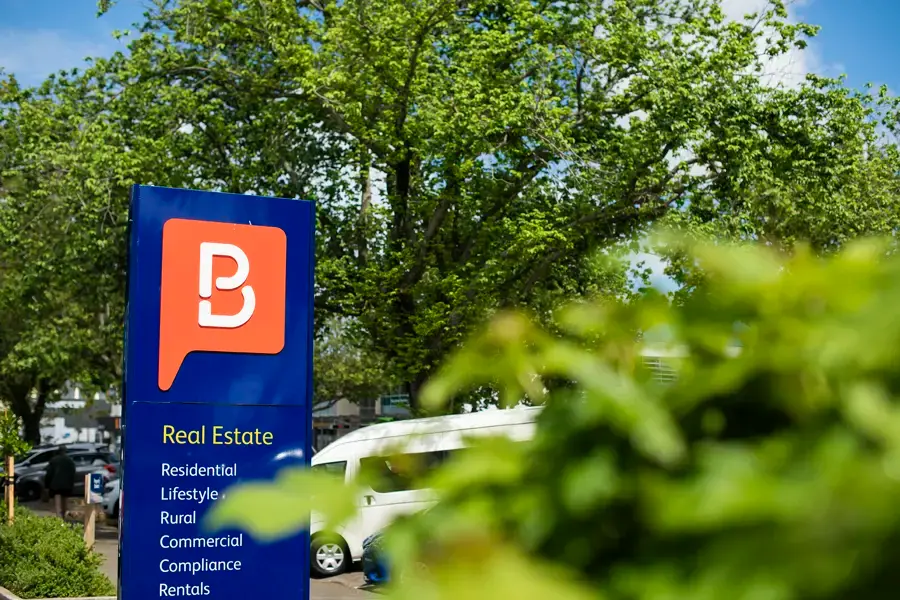Why New Zealand Landlords Can’t Afford to Ignore the Rules in 2025
- Real Estate Pulse
- Apr 17, 2025
- 3 min read

For many Kiwi landlords, owning a rental property has long been seen as a smart, long-term investment — a “set and forget” strategy to build wealth over time. But in 2025, the reality is a lot more complex.
From compliance requirements to shifting tenancy laws and changing insurance obligations, the property management landscape in New Zealand has become more regulated, more technical, and far less forgiving.
For landlords, the message is clear: staying informed isn’t optional — it’s essential.
Compliance Is No Longer a One-Off Task
Over the past few years, the rules around rental property management have grown significantly — and 2025 is no exception.
Today, landlords must manage a wide range of legal requirements, including the Healthy Homes Standards, strict tenancy laws, and growing insurance conditions.
Many landlords assume that once a property is rented out, the hard work is done. But failing to keep up with regulatory changes can lead to serious consequences — from tenancy tribunal orders to denied insurance claims or even substantial fines.
In short: if you’re a landlord, it’s no longer enough to do your best — you have to do it by the book.
Healthy Homes Standards: Still Evolving
When the Healthy Homes Standards were first introduced, there was a rush to meet the minimum legal requirements.
These standards cover essential areas like heating, insulation, ventilation, moisture ingress, drainage, and draught-stopping — all aimed at ensuring homes are warm, dry, and safe.
But as 2025 unfolds, the rules continue to evolve.
Enforcement is tightening, and more properties are being scrutinised to ensure ongoing compliance. Landlords who thought they were in the clear are discovering that "once compliant" doesn’t always mean "still compliant."
Those who fail to meet obligations can face fines or be ordered to repay rent to tenants. The reputational risk is also real — with tenants increasingly aware of their rights and willing to speak out.
Tenancy Laws That Landlords Can’t Afford to Miss
Beyond Healthy Homes, tenancy law itself has changed significantly. Over the last few years, the Residential Tenancies Act has undergone a range of reforms aimed at protecting tenants and formalising processes.
Some of the most notable updates include:
Restrictions on rent bidding and unadvertised pricing
More structured notice periods for ending a tenancy
Stronger rules around bond lodgement and refunds
Mandatory written tenancy agreements and clear record-keeping
Formal processes for issuing notices and managing disputes
For landlords, these changes mean a much higher level of administrative and legal responsibility. Even small procedural errors can now result in tribunal action or penalties.
Insurance: Read the Fine Print
Landlord insurance policies in 2025 come with far more strings attached than they once did. Insurers increasingly require landlords to:
Prove regular inspections have been carried out
Demonstrate tenant vetting processes
Maintain clear maintenance and repair records
Comply with relevant laws and standards
Some policies may even exclude cover if the property is self-managed and non-compliant. That $500 maintenance job left unfinished could become a $10,000 uninsured claim — all because the right paperwork wasn’t in place.
The key takeaway? Insurance is no longer a safety net unless you’re playing by the rules.
Why Staying Informed Matters
In an age where information is freely available — and legal obligations are only increasing — ignorance is no longer a valid excuse.
The Tenancy Tribunal, regulatory bodies, and insurers expect landlords to know what’s required and prove they’re meeting those expectations.
Tenants are also more informed than ever before, and many won’t hesitate to take formal action if they feel they’ve been let down.
Whether you own one rental or ten, the need to stay educated and proactive is non-negotiable.
What Landlords Should Be Doing Right Now
Here are four simple ways landlords can stay ahead of the curve in 2025:
Engage a professional property managerA qualified property manager will know the latest legal requirements and help you avoid costly mistakes.
Subscribe to tenancy updatesFollow MBIE’s Tenancy Services and local landlord associations for alerts and advice.
Review your insurance policyMake sure your cover is up to date and that you’re meeting all conditions to avoid future claim issues.
Schedule regular property health checksDocument inspections, repairs, and tenant communication — not just for good service, but for legal protection.
The Bottom Line
The days of casual, hands-off property management are over. Today’s landlords must be informed, engaged, and compliant if they want to protect their investment and reputation.
It may sound overwhelming, but the cost of not keeping up is far greater than the time it takes to stay on top of it.
In 2025, being a great landlord means being a responsible one — because the rules aren’t going away anytime soon.





Comments